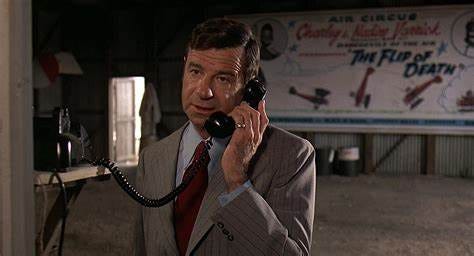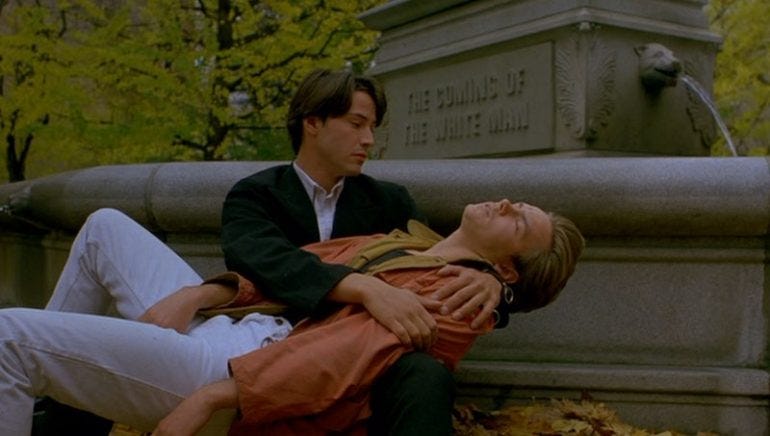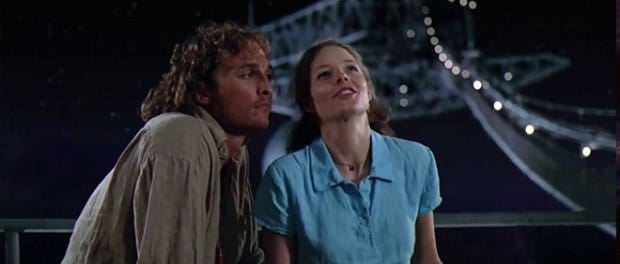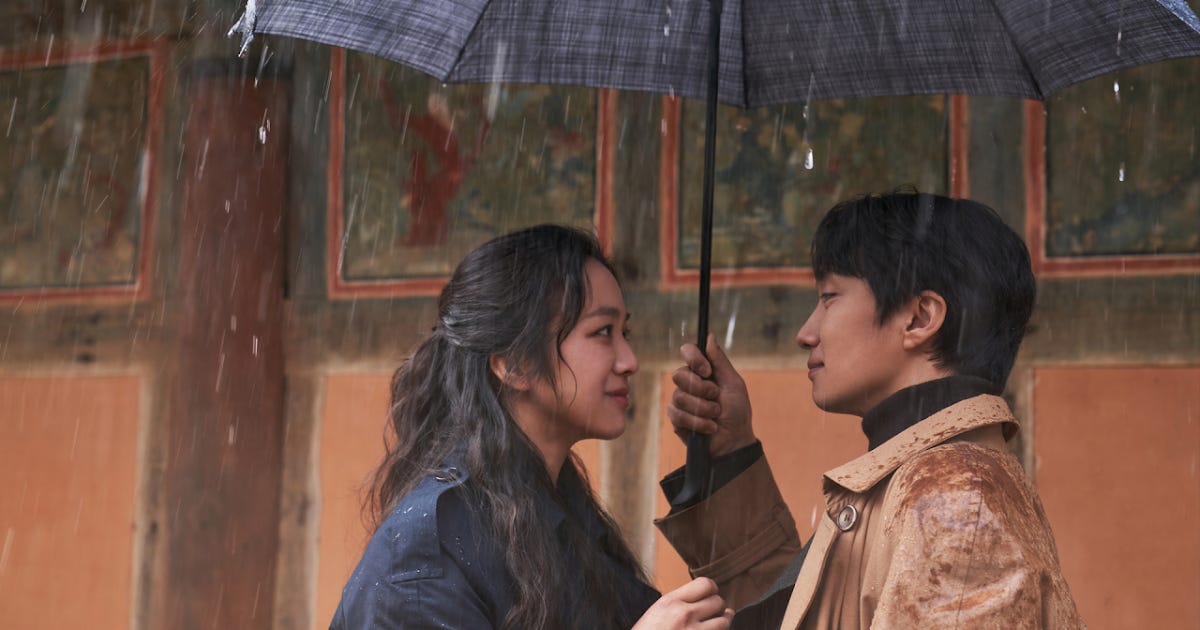I feel like I made it through less titles this week than I hoped for, and to be fair, I have been trying to space my movie time out with some of my nearly-as-massive TV queue. For instance, I got around to the first season of Reservation Dogs on FX/Hulu and used my Peacock Premium preview to watch Pete Davidson’s Bupkis recently, and enjoyed both. Have you seen anything good recently?
Anyway, let’s talk about movies. I did manage to knock out a couple of flicks I’ve been hoping to see for a while now, at least. Some for many a year now.
Charley Varrick (1973)
Walter Matthau is largely known for his more comedic roles, most notably his work with Billy Wilder and/or Jack Lemmon that sometimes it’s easy to forget that he had incredible range. Of course, being able to successfully pull off comedy is worthy of insurmountable praise, but Matthau had just as much of a gift for more intense turns.
In this film by the legendary Don Siegel (his follow-up from Dirty Harry) has Matthau play the titular Charley, a crop-duster who sets up a bank heist when he struggles to make ends meet. Unfortunately, Charley and his crew inadvertently steal what was meant to be laundered cash for the mob, which means that they’re on a hitlist. The film has Charley use his street smarts and previous stunt pilot credentials to make it out alive.
If this doesn’t sound like the kind of bananas action plot that you’d like to wind down with after a busy work day, I don’t know what to say except that we may not have much in common. Siegel has a terrific eye for drama and tension, which are used splendidly here and works perfectly for Matthau, who offers incredible range as he goes through a lot over the course of the film. I enjoyed this a lot and wouldn’t mind adding it into my collection.
My Own Private Idaho (1991)
A pretty big gap that I’ve been wanting to correct for years, I’m glad that I got to what may be indie legend Gus Van Sant’s most important work.
River Phoenix’s Mike and Keanu Reeve’s Scott are male escorts on the west coast, making their way through life one client at a time. However, as popular as Mike’s services are, he has one crucial flaw- he suffers from narcolepsy, and after one recent case finds himself in Portland instead of Seattle with Scott. Tired of this life and these incidents, Mike asks Scott to travel with him to Idaho to find his older brother in hopes of discovering his mother’s whereabouts, which takes them as far as Rome.
This has a lot of flavors, ranging from adapting Shakespeare into a modern setting to a multifaceted editing style, but the film particularly continues to resonate today for its LGBT themes and for Phoenix’s unabashed energy as Mike. It’s a lovely film, one that I’m glad to have finally crossed off.
Also, this is the first Blu-Ray disc I received from Netflix- my family account never switched our plan to include Blus, as opposed to my secondary- and the movie sure does look nice. I should look into this Criterion release.
Contact (1997)
Robert Zemeckis isn’t too far behind his close friend and collaborator Steven Spielberg in terms of commercial and critical success, with a resume that continues to impress, mostly before his weird turn into motion-capture animation in the 2000’s. While I find Forrest Gump downright abhorrent, the Back to the Future trilogy and Who Framed Roger Rabbit? are enough to keep Zemeckis off the shitlist for me, but some works from this period continue to allude me, like this Carl Sagan adaptation.
Here, Jodie Foster plays Dr. Ellie Arroway, who works for an SETI (search for extraterrestrial intelligence) program in Puerto Rico, who after years of striking out hits gold when a billionaire patron asks her to switch over to New Mexico. Arroway and her crew find something resembling an alien signal and look deeper into it, finding some form of extraterrestrial life reaching them, even with a video being sent in the crosswires- footage of Adolf Hitler’s opening address to the 1936 Summer Olympics in Berlin. Yes, really.
The rest of the film has Arroway fight to prove that there’s merit into funding her research while romancing her new spiritual friend, Matthew McConaughey’s Palmer Joss. I know plenty find this fascinating, which is why it entered my queue, but I came out underwhelmed and found the film kind of dry despite its pedigree, which also features John Hurt, James Woods, and Angela Bassett among others. Not for me, I’m sorry.
Decision to Leave (2022)
Park Chan-wook’s latest played near me briefly last year, but I just wasn’t able to head over despite my admiration for one of the greatest talents from my lifetime- the Vengeance trilogy, Oldboy, and The Handmaiden are all essential works- nor was I able to find time to get to the film when I had a free Mubi trial. While I hope to score a cheaper subscription to the service in the near future, I decided to stop waiting to see Park’s latest and cross it off while I’m still getting envelopes.
While this won’t top Oldboy or Sympathy for Mr. Vengeance for me, I’m glad that I made the time. In typical manner for Park, the film has some intentional tonal shifts as it starts off with Detective Jang assigned to look into the death of a retired immigration officer, whose body is found on the trail of a mountain. He interviews his suspiciously younger wife, Song Seo-rae, who doesn’t appear to be grieving properly and has questionable alibis. The problem is, Jang has a thing for Seo-rae and they begin a romance of sorts as he keeps the hunt going.
Part neo-noir, part macabre romance, and with just the right touches of black comedy and tension, you’d think you’ll know where the film is going, but Park likes to subtlety nub at his audience, and this is no different. I do think there’s a more intense, possibly sexier version of this film. I quite liked it, but didn’t love it as much as I was expecting. But maybe a rewatch to return to Park’s unique world is required.
Moolaadé (2004)
Female genital mutilation is a subject that really stands out to me. The concept of purifying women* by cutting parts, if not the entirety of the vulva horrifies me, even if I’m far removed from where this practice would generally take place.
I’m not alone, and Senegalese filmmaker Ousmane Sembène clearly agreed, as his feature focuses on a Bambara tribe in Burkina Faso, located in West Africa, where we meet Collé, a headstrong and controversial woman in the village who opposes the practice of cutting and tries to convince her daughter Amasatou, who is engaged to a desirable man currently working in France to make them rich, to not go through with the process. Collé also attempts to protect other younger girls who are uncomfortable with the process, but this continues to make her a pariah in her town. Partly by women who have already been cut and don’t like seeing Collé stand for them, but moreso by the men who stand by Islam and their expected gender roles, not wanting to mess with tradition. This sets off a chain of events that hopefully results in changes around the village.
Not a happy feature, but one that educates while not talking down. The process of FGM isn’t graphically explained but the implication is strong- note how the subtitles spell out CUT in full caps every time. I personally need to experience more African filmmaking, my knowledge of their scene is pretty basic beyond this and Black Girl.
*traditionally, I try to be as inclusive as possible with my language, but saying “people with vaginas” doesn’t quite work in this case- FGM, especially in African countries, is meant primarily to control cis women.







